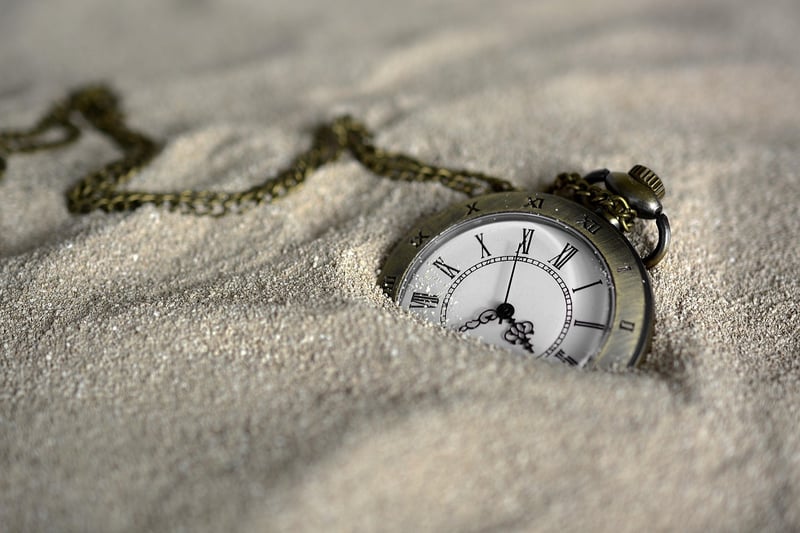Grandfather Paradox
The Grandfather Paradox and Temporal Consequences
Time travel has been a popular concept in science fiction for decades, sparking the imagination of many. One of the most intriguing and debated paradoxes related to time travel is the Grandfather Paradox. Let's delve into this paradox and explore its temporal consequences.
What is the Grandfather Paradox?
The Grandfather Paradox is a hypothetical situation that arises when a time traveler goes back in time and prevents their grandfather from meeting their grandmother. This action would result in the time traveler never being born. However, if the time traveler was never born, they could not have traveled back in time to prevent their grandparents from meeting in the first place, creating a paradoxical loop with no clear resolution.
Temporal Consequences
The Grandfather Paradox highlights the potential consequences of altering events in the past. It raises questions about causality, free will, and the nature of time itself. If time travel were possible, would changing the past create alternate timelines or lead to a single fixed timeline?
Debates and Theories
Scientists, philosophers, and sci-fi enthusiasts have debated various theories to resolve the Grandfather Paradox. Some propose the idea of parallel universes, suggesting that altering the past would create a new timeline diverging from the original one. Others argue for the concept of a fixed timeline, where any actions taken in the past were already part of history and cannot be changed.
Conclusion
The Grandfather Paradox and its temporal consequences continue to fascinate and puzzle those intrigued by the concept of time travel. While the paradox may remain unsolved in theory, it serves as a thought-provoking exploration of the complexities of time, causality, and the hypothetical implications of altering the past.

Explore more about the Grandfather Paradox and its implications in the realm of time travel to unravel the mysteries of temporal causality and the enigmatic nature of altering the past.
